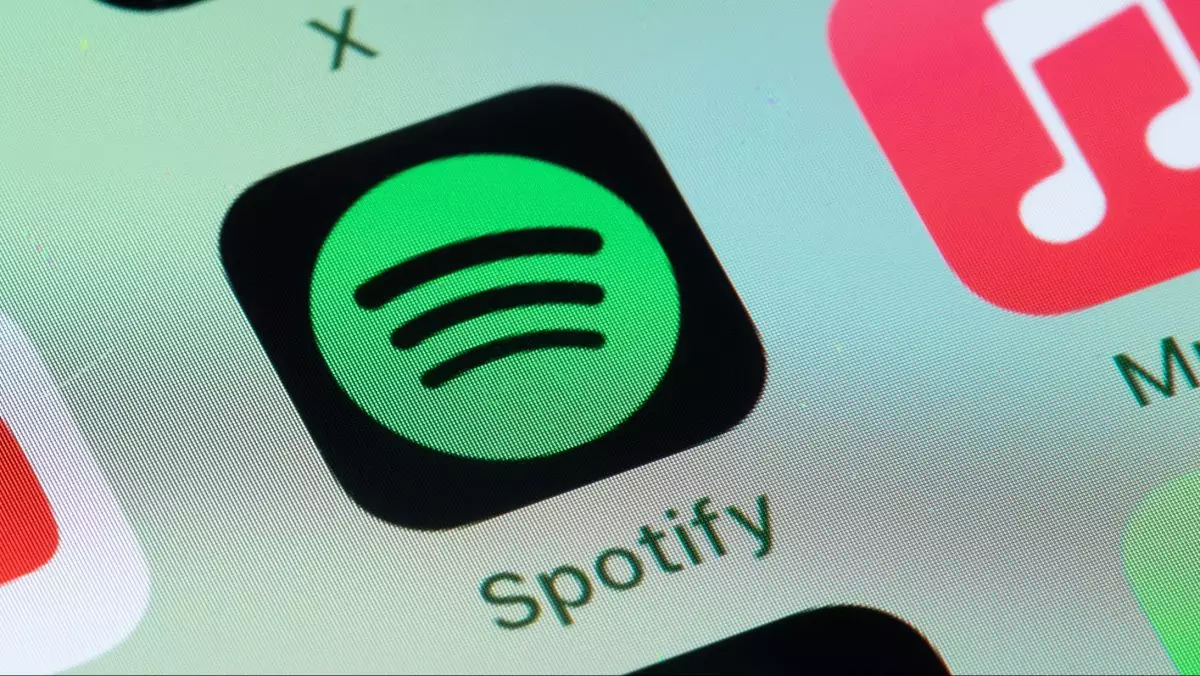In an era where digital content is easily accessible and often unfiltered, Spotify has recognized a pressing need for parental oversight in its music streaming services. The company’s recent announcement of managed accounts, aimed specifically at children under 13, aligns with a growing trend among tech corporations to empower guardians to dictate the nature of content their children engage with online. This initiative isn’t just a method of compliance with regulatory requirements; it reflects a societal shift towards recognizing the importance of protecting younger audiences in an increasingly digital landscape.
Spotify’s managed accounts are being rolled out as a pilot program tied to its Family plan offerings in selected regions such as Denmark, New Zealand, and Sweden. This feature enables parents to have granular control over their children’s listening experience, which includes limiting exposure to explicit content, restricting access to visual content associated with songs, as well as making tailored decisions regarding specific artists and tracks. This level of control is an important addition, as it allows parents to curate their children’s musical inspiration without requiring them to switch entirely to a more restrictive interface, like Spotify Kids.
Through implementing these managed accounts, Spotify ensures that parents aren’t left powerless in navigating the sometimes overwhelming amount of content available on the platform. The ability to customize music exposure provides parents the opportunity to instill their own values and preferences regarding appropriate content.
Spotify’s decision comes on the heels of similar moves by other tech behemoths, including TikTok, Meta, and YouTube, all of whom have taken steps to establish stronger parental control features. These initiatives reflect a collective acknowledgment of the responsibilities that come with being a prominent player in the tech space—especially amid growing regulatory scrutiny demanding greater accountability from these companies. The trend underscores a societal concern about children’s exposure to potentially harmful content online, and highlights the proactive steps that tech companies are taking in response.
While traditional streaming services like Netflix and Hulu have already deployed parental controls aimed at limiting exposure to inappropriate films and series, Spotify’s initiative stands out by adapting these controls specifically for the audio medium, recognizing the unique challenges of music exposure.
In addition to safeguarding younger users, Spotify’s managed accounts serve an additional purpose: improving the overall user experience for tied-in family accounts. By allowing individual recommendations for each family member under a Family plan, Spotify ensures that parents’ and kids’ musical tastes don’t overlap. This not only enhances the listening experience but also addresses a longstanding frustration for families who have had to sift through mixed content on shared accounts.
This tailored approach is significant, especially considering the app’s year-end Wrapped feature, which provides personalized insights into user listening habits. With distinct accounts managing recommendations, each family member can enjoy a more accurate representation of their listening history without interference from others.
Spotify’s introduction of managed accounts for young listeners marks a significant step forward in recognizing the nuances of digital content consumption. The emphasis on parental controls reflects a commitment to not just compliance with regulations but also to the broader goal of fostering a safer space for children in today’s connected world. By enabling parents to oversee their children’s music experiences more effectively, Spotify is not only protecting its younger users but also enhancing family engagement with the platform, setting a precedent for responsible content management in the streaming industry.

